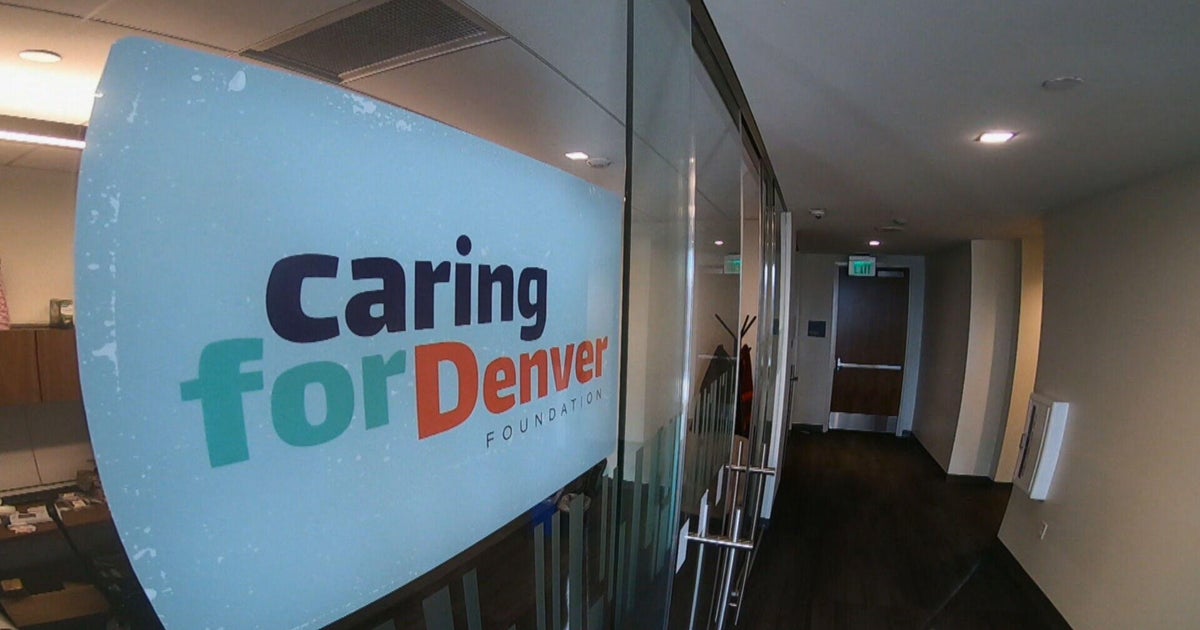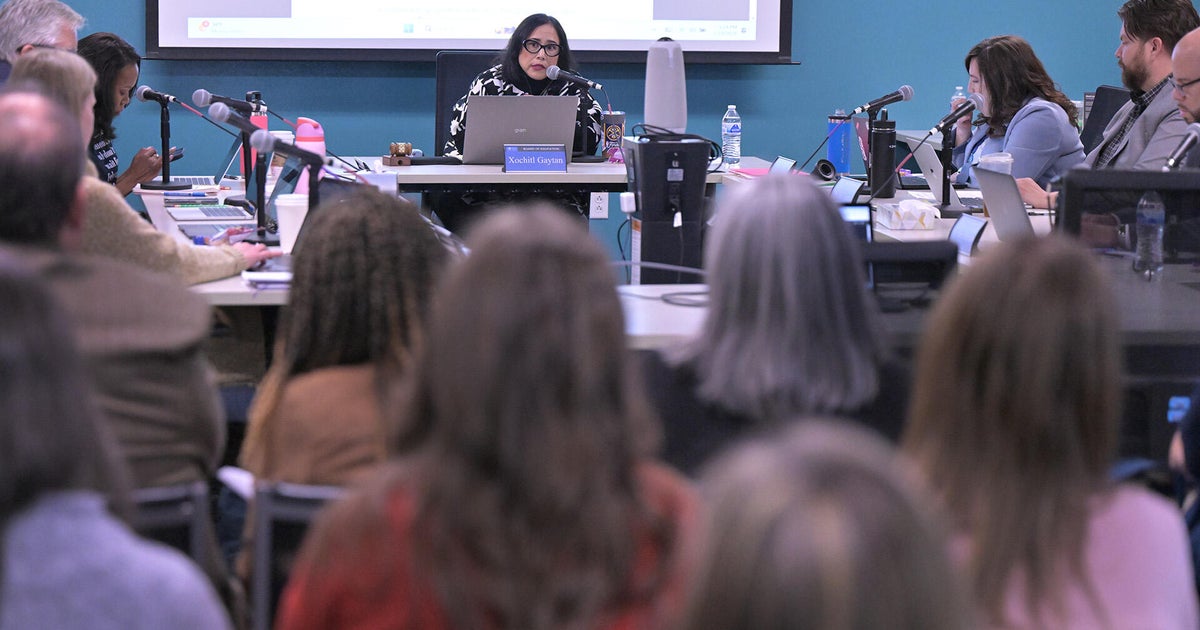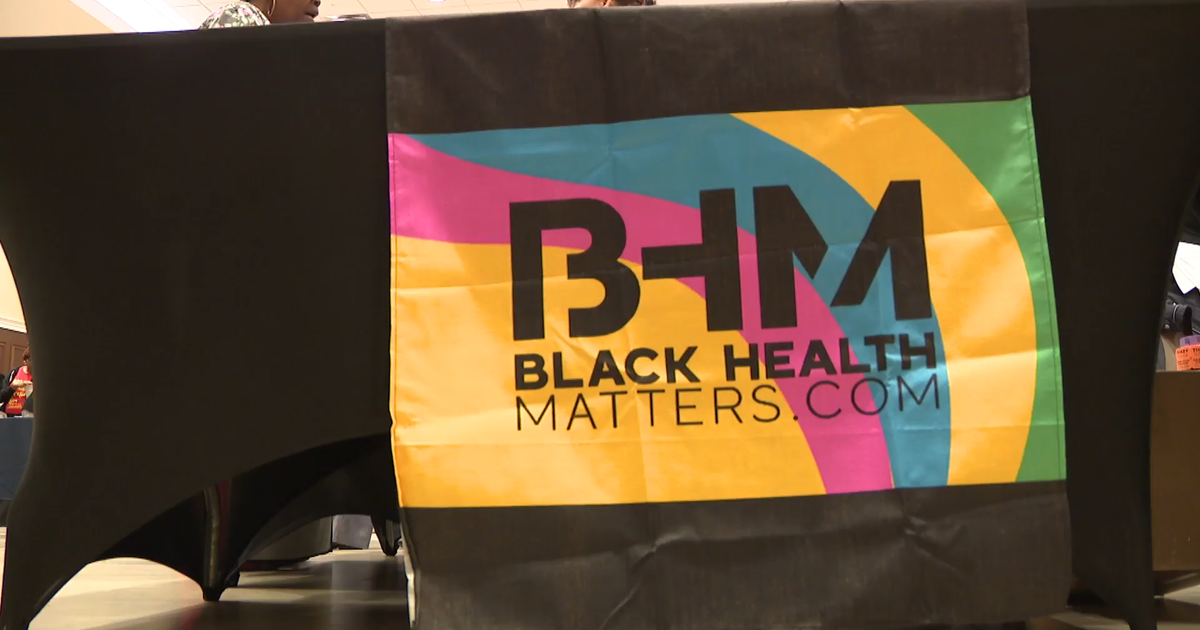Cost Of Digitizing California Prison Medical Records Doubles In 3 Years
FOLSOM (AP) -- A massive project to modernize medical record-keeping for California prison inmates has more than doubled in cost from original estimates to nearly $400 million in just three years, the latest in a long string of computer projects that have befuddled state government.
The federal court-appointed receiver who controls California's inmate health care system approved the project in 2013 to replace the state's antiquated paper-based records with an electronic system that can track the medical and mental health care of nearly 130,000 inmates.
But a year of delays means it now won't be installed at all 35 prisons until the end of 2017, and inmate advocates are so concerned that they may seek to push it back even longer at some troubled prisons.
The cost ballooned from the original $182 million projection to $386.5 million now in part because the first estimate left out basics like the cost of maintaining the system and replacing worn-out equipment, according to documents reviewed by The Associated Press.
The receiver, J. Clark Kelso, said his office also failed to anticipate needing $13 million worth of mobile devices -- 16,800 laptops, dictation machines and other gear. Nor did it include the extra software required for things as fundamental as incorporating inmates' requests to see doctors.
Authorities last year added dental records to the system, and the latest estimate includes three additional years of operation.
"The more charitable description is we learned as we went along," Kelso said in an interview. "We started out with as cheap a system as we thought we could use, and then along the way there were some things that we decided, `You know, we absolutely need these, it turns out."'
The biggest problem was a pharmaceutical records system so complex that it turned out to be "damn near unusable" when it was tested last winter at three prisons, Kelso said: "The thing wasn't designed, implemented properly."
He brought in a new pharmacy chief in February and "told him his No. 1 job is to fix this."
The drug-tracking system is working now, bringing benefits like automatically warning doctors when certain combinations of prescriptions could prove harmful, Kelso said.
Officials have discovered other issues along the way, include a major hurdle: Employees struggle to learn the new record-keeping system. Kelso had to slow down implementing the computer system in other prisons and intensify the training.
Physicians don't like that the new system forces them to do more time-consuming data entry that they used to delegate to nurses, Kelso said, though he expects them to eventually adapt.
The system has been installed at eight additional prisons since August.
"Everything's going swimmingly," Kelso's spokeswoman Joyce Hayhoe said.
Yet doctors who tested the system still are seeing about one-third fewer patients a year later, potentially leading to backlogs and poor treatment, said Steven Fama, an attorney with the nonprofit Prison Law Office that sued to force health care improvements.
As a result, the lawyers are considering asking Kelso to delay installing the new system at as many as nine prisons next year. Those prisons "have big problems already," Fama said. "You put a new record (keeping system) in there, it just slashes their ability to see people timely."
Doctor productivity has improved at the three test prisons since last year, while the number of patients waiting for care has decreased over time, Hayhoe said. Patient care hasn't appeared to suffer, she added.
In court and budget filings, Kelso's office largely blamed problems with the medical records system on the contractor, Cerner Corp., which is being paid $177 million over the project's 11-year life. But Kelso said much of the fault lies with his office. Cerner spokeswoman Maile Bennett declined to comment.
Many of the extra costs have been absorbed in the receiver's budget, which was nearly doubled to $1.9 billion since the federal judge seized control of California's prison medical system a decade ago.
However, the state general fund also devotes nearly $36 million to the prison project this year. That's more in one year than the $28 million spent over a decade by the California Department of Veterans Affairs to develop a records-keeping system that the state auditor criticized in June as an expensive failure.
Lawmakers said the state has little choice but to complete the prison records system, even as they fretted over the escalating cost.
"It is of great concern," said former Sen. Loni Hancock, D-Berkeley, who chaired two prison oversight committees before her tenure ended in December. "It isn't just this. It's the judicial system that had to be abandoned because the costs were spiraling out of control and nothing was getting done, plus other departments in the state. It's an ongoing problem."
The state Judicial Council halted a statewide case management system in 2012 after auditors said the original $260 million cost estimate could balloon to $1.9 billion.
Kelso said his initial estimate was low partly because he pushed "to spend as little money as possible, in part because I know that these systems can become billion-dollar systems if you're not careful."
© Copyright 2016 The Associated Press. All Rights Reserved. This material may not be published, broadcast, rewritten or redistributed







